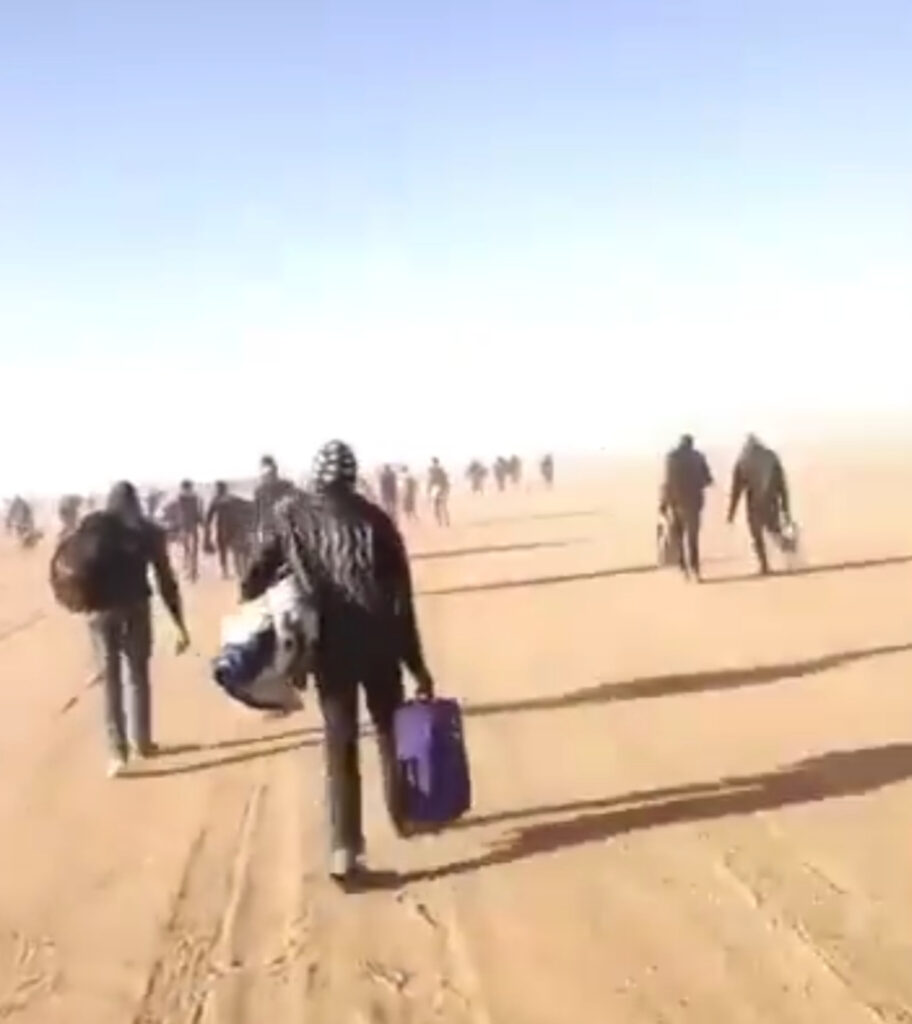Amid escalating economic hardship, an increasing number of Nigerians are undertaking perilous journeys through the Sahara Desert in search of better opportunities in Europe.

Driven by high unemployment rates and a lack of viable prospects at home, many see migration as their only hope for a brighter future.
The Risks of Desert Migration

The journey through the Sahara Desert is fraught with dangers. Migrants face extreme heat, dehydration, and the constant threat of violence.

Smugglers often abandon them, leading to tragic fatalities. According to the International Organization for Migration (IOM), thousands of migrants have died in the desert, their bones scattered along the route [❞].
Sexual violence is rampant, particularly against women. Many, like the unnamed returnee who shared her harrowing experience of being kidnapped and raped in Tripoli, Libya, suffer immense trauma. She recounted being forced to sleep with up to ten men daily, a nightmare that continues to haunt her [❞].
The Mediterranean Crossing
Surviving the desert is only the first hurdle. The next challenge is crossing the Mediterranean Sea, a notoriously deadly passage. In 2021 alone, over 761 migrants, including Nigerians, drowned while attempting this crossing. Those who survive often end up in overcrowded refugee camps or detention centers in North Africa, facing bleak and uncertain futures [❞] [❞].
Economic and Social Implications
The “Japa syndrome,” a Nigerian term for the mass exodus of citizens, has significant implications for the country. The loss of skilled and unskilled labor exacerbates Nigeria’s economic challenges, reducing productivity and hindering development efforts. The exodus also reflects broader societal issues, including widespread dissatisfaction with governance and living conditions [❞].
The Rewards
Despite the risks, the potential rewards drive many Nigerians to undertake these dangerous journeys. Those who successfully reach Europe often find better economic opportunities and the chance to support their families back home. The remittances sent by the Nigerian diaspora significantly contribute to the economy, providing financial relief to many households.
Conclusion

While the desire for a better life is understandable, the path through the desert to Europe is perilous and often leads to more suffering than success. As economic instability continues to push Nigerians to migrate, it is crucial for both the government and international organizations to address the root causes and provide safer, legal avenues for migration. The stories of those who have endured the journey serve as a stark reminder of the human cost of irregular migration.
By raising awareness and creating more opportunities within Nigeria, there can be hope for a future where such dangerous journeys are no longer necessary.














